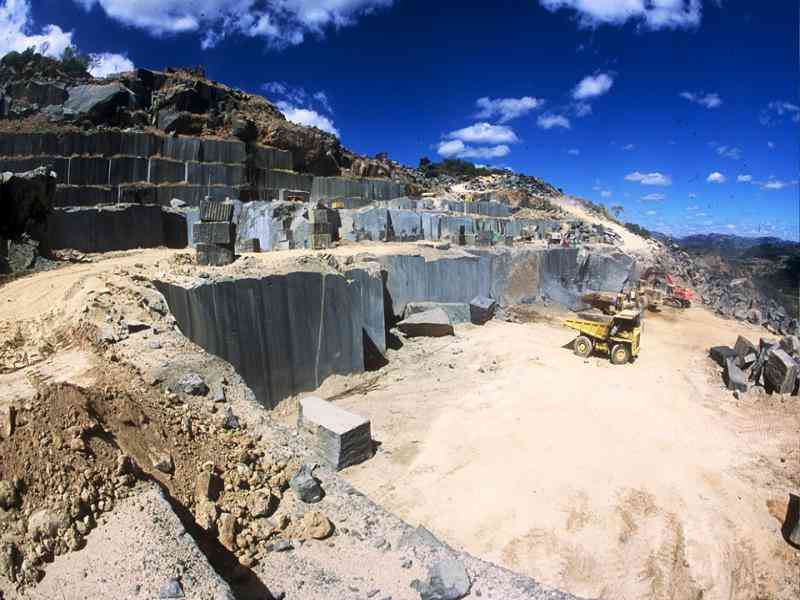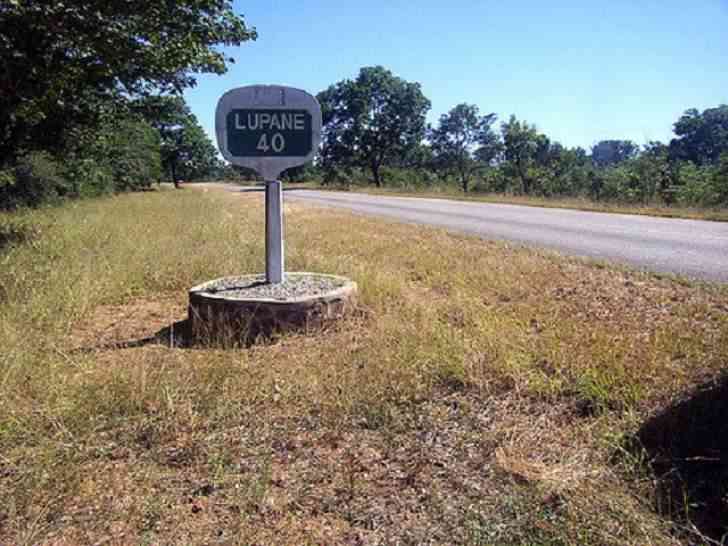
THE government has moved in to address allegations that various granite miners have not been honouring their tax and fees obligations to local authorities, the Zimbabwe Independent can reveal.
There are, however, ongoing consultations to standardise fees for granite miners among local authorities.
This is in response to claims that there were no set rates for granite mining.
Sources in the industry, who requested not to be named, said local authorities, especially in Mutoko, were not getting much from granite miners.
Currently, 75% of the country's black granite is produced in Mutoko in Mashonaland East Province. Zimbabwe is acknowledged globally as a major provider of superior black granite.
Mines and Mining Development permanent secretary Pfungwa Kunaka said local authorities were getting US$2 500 for each unit of granite.
“Considering that much of granite mining is in the Mutoko area, one can look at what fees Mutoko Rural District Council is charging,” Kunaka said.
“We understand that the council is collecting US$2 500 per unit (being 1 000 metric tonnes of granite) for an operating granite mine.
- Reprieve for granite operators
- Disgruntled chrome miners meet govt over poor prices
- Zacc descends on 'delinquent' schools
- Cartoon: September 13, 2022 edition.
Keep Reading
For a non-operating mine, they pay US$50 per hectare annually.
“These appear to be reasonable fees. It needs to be noted that there is ongoing debate on the need to standardise fees among local authorities.”
The government banned the exporting of unprocessed granite from Zimbabwe. The ban became effective in August last year from the date of the gazette of the Statutory Instrument 127/2022.
An official from Mutoko Rural District Council further noted that there were ongoing discussions with granite miners.
“We can't say the levies are peanuts but in Mutoko we have managed to liaise with them (miners) fruitfully,” he said.
“In the past, yes, we could agree with that, but they were paying in United States dollars. But when we experienced currency changes that's when we experienced some challenges because we had to increase the tariffs.
“They are meeting their (obligations) and we are good with them and we have had meetings with them, especially in Mutoko. I don't know about other districts.
“We have had discussions with them and even with government officials to deliberate on the issues. Just like ratepayers, we experience challenges with some of them but it is not a big problem.”
Mutoko is one of the poorest districts in the country despite being home to several granite mining companies. Black granite miners have been extracting the resource for decades leaving gullies, while the community has not benefited much in terms of spin-offs from the resource.
The granite blocks are exported to Europe, where they are processed into expensive building materials.
Granite mining has been taking place since 1972 with some mining companies failing to remit taxes to the local authority.
In 2015, the government summoned five black granite mining companies operating in Mutoko and ordered them to comply with the government's laws through contributing to the Community Share Ownership Scheme or face closure.
This came after the government had been facing massive resistance from the black granite miners, who were refusing to honour their pledges towards the Community Share Ownership Trust launched during former president Robert Mugabe's reign under the Indigenisation and Economic Empowerment Act.
The Zimbabwe Environmental Lawyers’ Association noted that in 2009 alone, 121 000 metric tonnes of black granite rocks worth US$12,1 million were extracted from Mutoko District only.
In 2021, the Zimbabwe Anti-Corruption Commission (Zacc) said there was need to investigate the granite mining industry to plug loopholes and ensure that communities benefit from their natural resources.
“We do have those with loads of money getting claims ahead of those who applied for the same for some time,” Zacc said.






